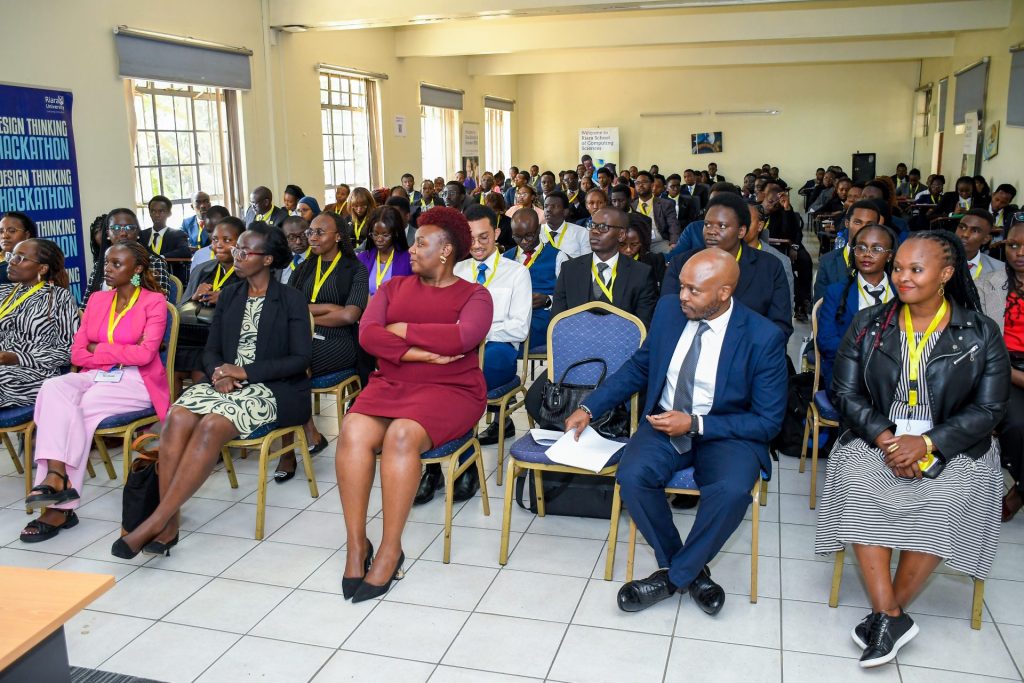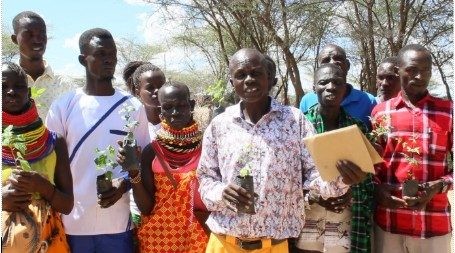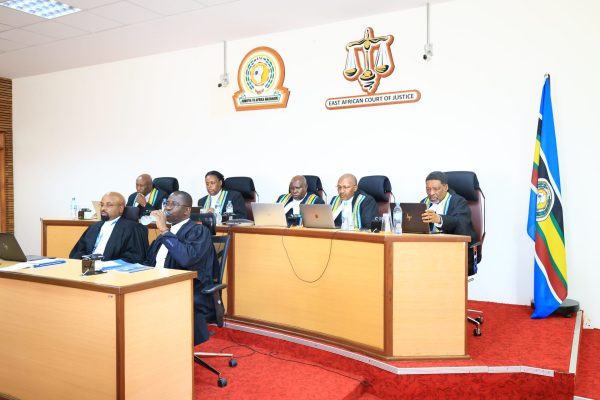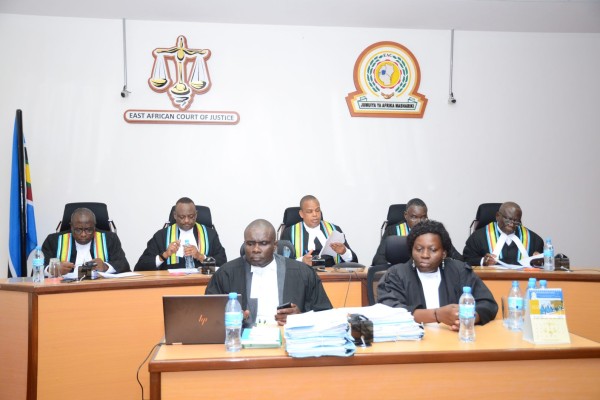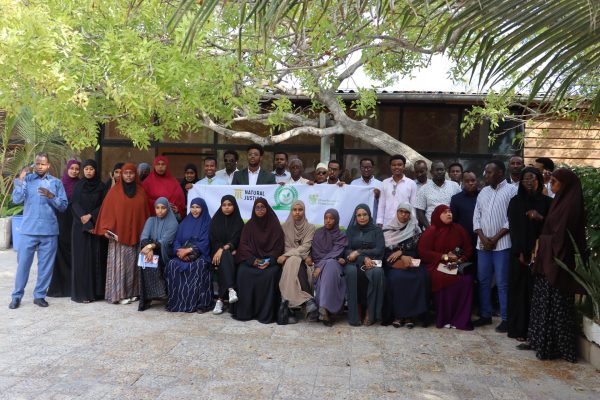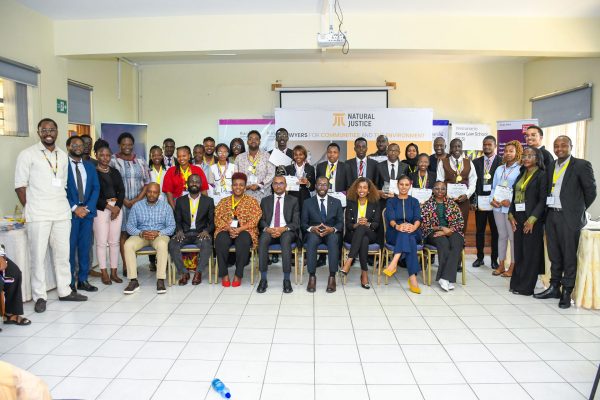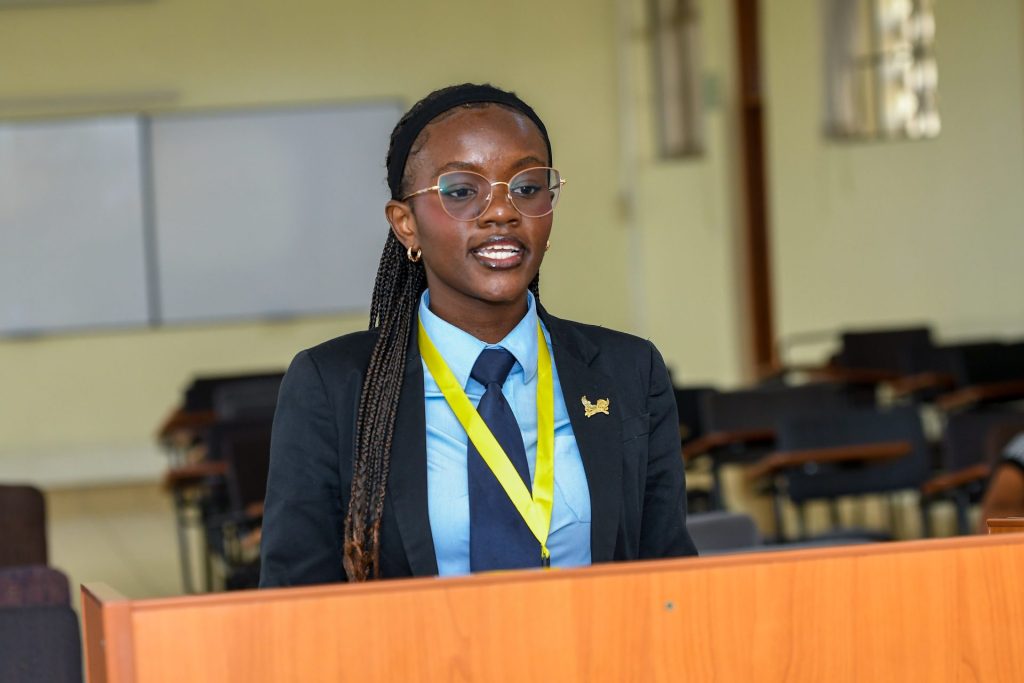
As the early morning sun warmed Riara University, Felicity Deya a law student from Africa Nazerene University, stepped forward with 94 peers from 18 Kenyan universities to champion environmental and climate justice through debate. Their shared purpose: compete in the Environmental and Climate Justice Moot Court Competition, launched by Natural Justice with Namati, FES, CMR and Riara University. The event marks a significant moment for youth like Deya determined to drive real change in climate action.
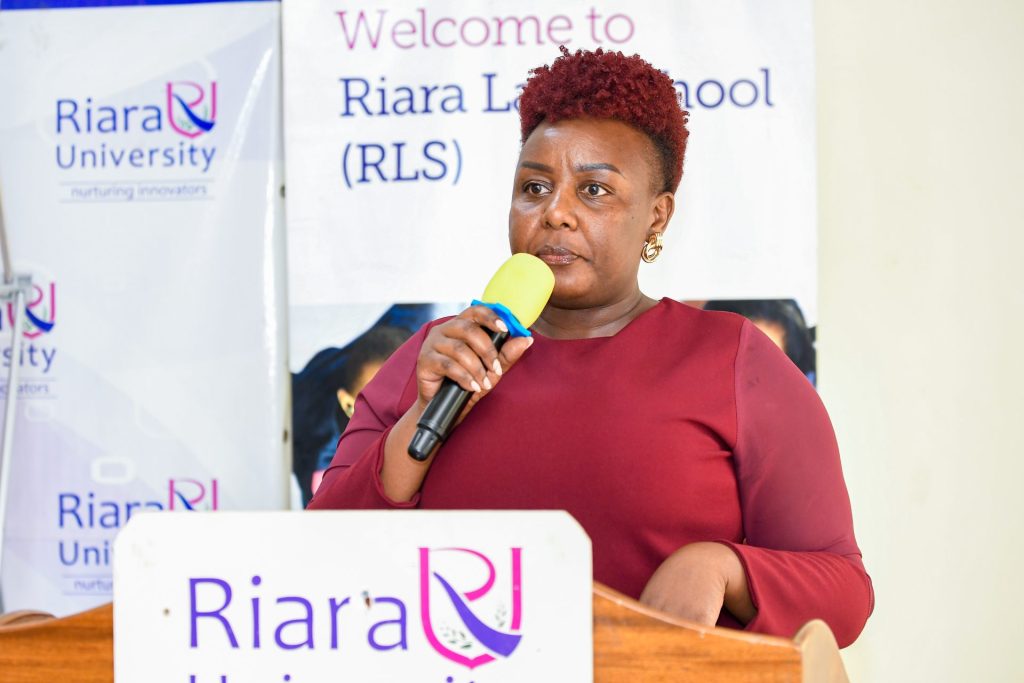
In her opening remarks, Elizabeth Kariuki, the East Africa Hub Director at Natural Justice, commended the students for their strong turnout and encouraged them to pursue this emerging area of litigation, noting that climate change continues to pose complex legal and human rights challenges across Africa.

Dr. Victor Lando, Dean of the Riara Law School, urged students to use the moot as a platform for learning, collaboration, and building networks for future partnerships. He specifically highlighted that, through participation in the moot, students will enhance critical advocacy skills. They will deepen their understanding of legal research methods and improve their ability to build professional networks crucial for future careers in environmental law. These learning outcomes not only enrich the students’ educational experience but also demonstrate the moot’s pedagogical value to faculty and sponsors.
This year’s moot challenges students to address the conflict between global climate goals and local community rights. The problem examines how energy transition projects, essential for combating climate change, may conflict with community rights to land, resources, and livelihoods. The moot emphasizes Free, Prior and Informed Consent (FPIC) and Biocultural Community Protocols (BCPs) to ensure justice and inclusion in the energy transition.
Beyond the courtroom, Natural Justice invited university students to submit research papers addressing issues of climate and environmental justice under the theme:
“Just Energy Transition: Balancing Between Climate Adaptation and Mitigation Through Energy Transition and the Rights of Indigenous and Local Communities.”
The competition will culminate on Saturday morning with a final round, where two teams will face off before a panel of expert judges. The winning team will be fêted for their outstanding advocacy and legal reasoning and will have opportunities to network with legal professionals, potentially securing mentorships and internships to further their careers in environmental law.
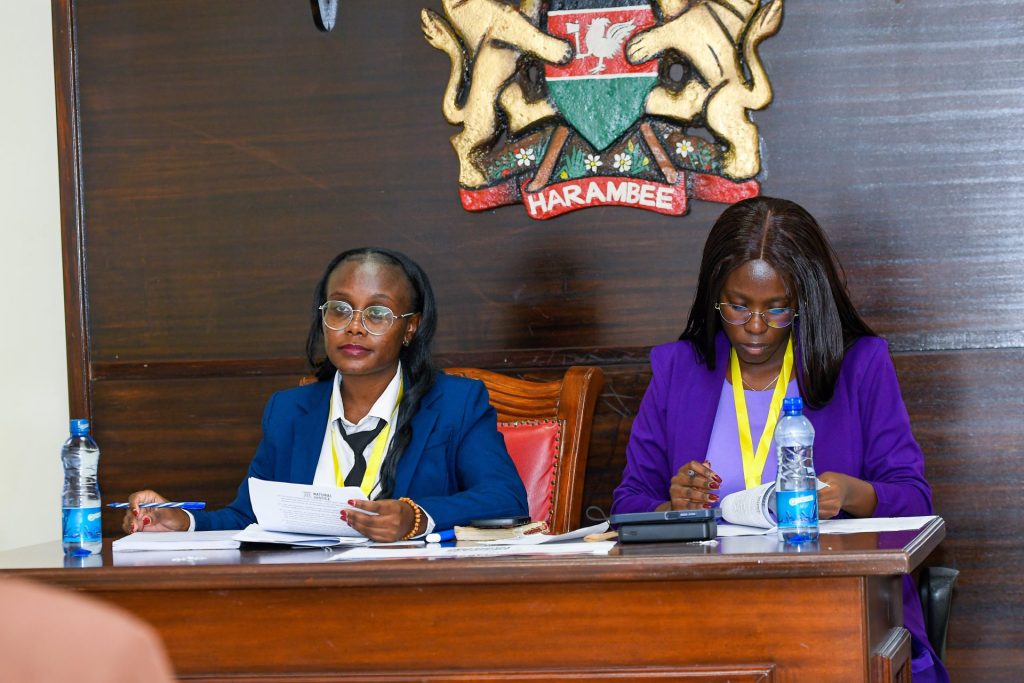
Notably, several students who participated in previous editions have now transitioned into judges, reflecting not only the moot’s growing impact but also the real-world career opportunities that arise for participants, such as advancing from competitors to mentors and legal practitioners.
Natural Justice has conducted the Environmental and Climate Justice debates each year since 2022.

